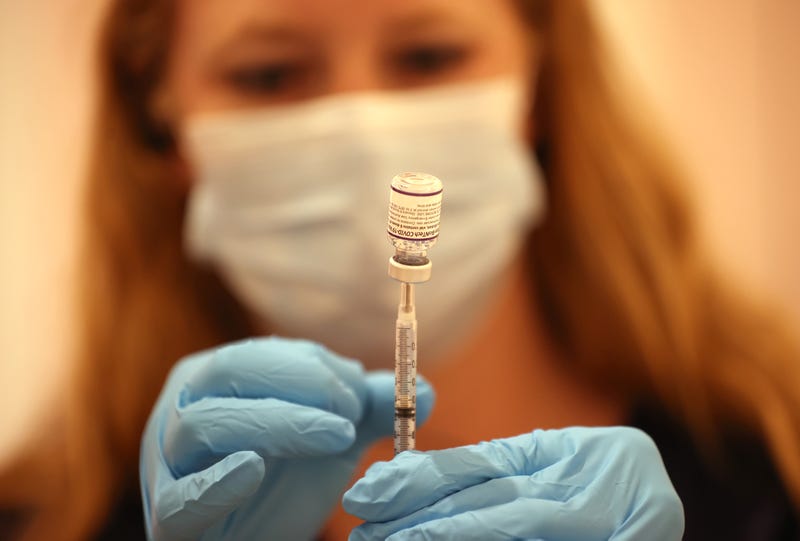
When the COVID-19 vaccine mandate takes effect in California schools, how many parents are likely to claim they have a personal belief that prevents them from immunizing their children?
State lawmakers will be watching closely.

"This could be a significant loophole if too many parents decide not to get their children vaccinated," Dr. Richard Pan, a state senator who represents the Sacramento area, told KCBS Radio in an interview on Monday afternoon.
California's COVID-19 vaccine mandate goes into effect the term after the U.S. Food and Drug Administration gives full approval for use of the vaccine in an age group. That means students in grades seven and above – and school staff – likely will need to be fully vaccinated by July 1.
Pan wrote legislation in 2015 removing a personal beliefs exemption for other childhood vaccinations. Because California Gov. Gavin Newsom used his executive power to order the mandate without a vote from the State Legislature, the law requires an exemption for personal or religious beliefs. Exemptions for genuine medical exemptions remained under the 2015 law.
If COVID-19 starts spreading in schools because of children who are unvaccinated due to personal beliefs, Pan said he would consider whether the loophole should be closed. Removing religious and personal exemptions would mean parents who choose not to vaccinate their children might have to turn to independent study or homeschooling.
Pan said potentially closing the loophole is about keeping schools open, rather than taking away personal choice.
"When a parent decides not to vaccinate their child, there's a consequence," Pan argued. "That consequence is not a punishment for choosing not to vaccinate. That consequence is a step to keep the other children safe."

